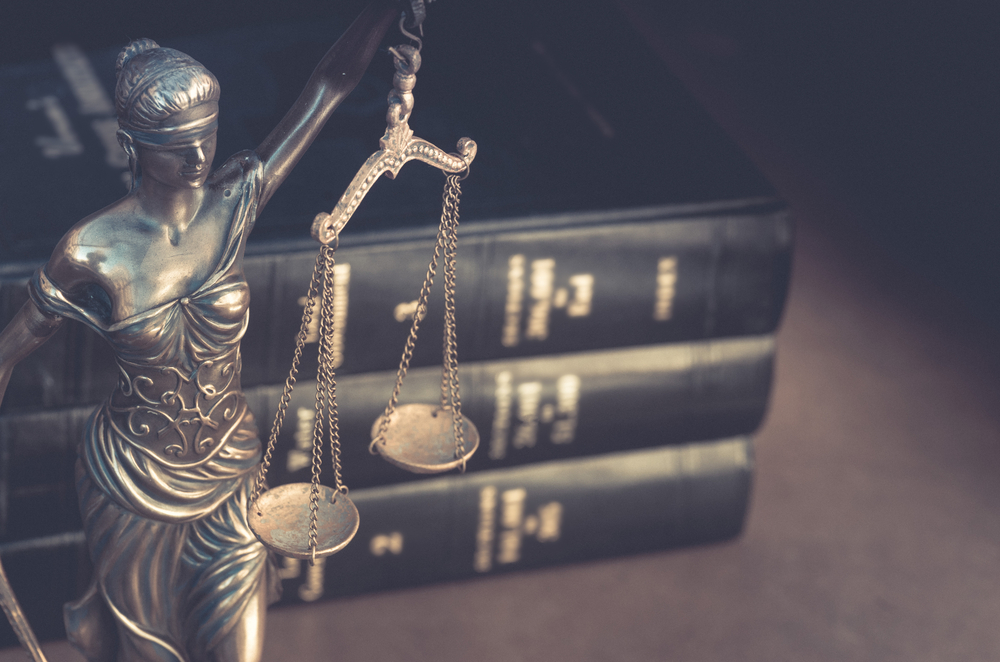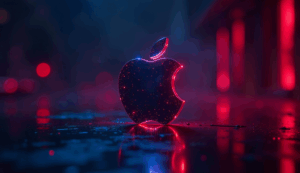Was 2023 the Wild West era of AI development? Will lawsuits crack down on forms of misuse in 2024, or will it be more of the same?
2023 will go down as the year generative AI soared into ubiquity, but 2024 might be marked by a different kind of change driven by copyright law challenges.
The eye-watering growth of generative AI, with companies like Microsoft’s OpenAI, Meta Platforms, and Midjourney at the forefront, has ignited a series of copyright disputes.
Creators, particularly writers and artists, claim AI’s success is rooted in the unauthorized use of their work, leading to high-profile legal battles.
These disputes primarily revolve around web scraping, which extracts vast amounts of data from the internet to train AI systems, a practice now under intense legal scrutiny.
While publishing work online means it largely enters the public domain, does that now also come with the expectation it will be used to train AI systems?
Some notable plaintiffs, authors like John Grisham, George R.R. Martin, Sarah Silverman, and Mike Huckabee, and other copyright holders, including Getty Images and the New York Times, are seeking monetary damages and court orders to stop the unauthorized use of their works.
Thus far, courts have shown some skepticism towards claims of AI-related copyright infringement, with one case being dismissed but later resubmitted with additional artists added to the complaint.
There are numerous separate legal debates ongoing, too. The UK Supreme Court recently ruled that AI can’t be registered as an inventor for patents, whereas a Chinese court said AI-generated art was copyrightable.
Meanwhile, even lawyers themselves are being implicated in legal cases, with at least two cases of fake AI-generated legal references being used in real-life legal cases, most recently involving Donald Trump’s former lawyer, Michael Cohen.
Defences are largely holding
Tech companies are concerned that these lawsuits could pose significant barriers to AI development. They argue that their AI training methods fall under “fair use” of copyrighted material.
As Meta explained in a statement to the U.S. Copyright Office, “Just as a child learns language (words, grammar, syntax, sentence structure) by hearing everyday speech, bedtime stories, songs on the radio, and so on, a model ‘learns’ language by being exposed — through training — to massive amounts of text.”
This analogy highlights the industry’s stance that AI training mimics human learning processes and should be treated as such under copyright law. In essence, AI companies argue it’s a bit like using other people’s work to create and sell a textbook or encyclopedia.
Others aren’t convinced and suggest AI companies still exist in a risky environment.
Andreessen Horowitz, a Silicon Valley venture capital firm, expressed grave concern about the potential impact of these lawsuits on AI development.
They stated, “Imposing the cost of actual or potential copyright liability on the creators of AI models will either kill or significantly hamper their development.”
Copyright owners also argue the financial success of AI programs like OpenAI’s ChatGPT, suggesting that tech companies must afford licensing fees and cannot continue to justify their infringement of intellectual property.
The Authors Guild recently stated, “Licensing the copyrighted materials to train their LLMs may be expensive — and indeed it should be given the enormous part of the value of any LLM that is attributable to professionally created texts.”
As these legal battles unfold, the AI industry finds itself at a crossroads, where the future of AI innovation is closely tied to the evolving interpretations of copyright law.
The decisions made in these cases could significantly shape the trajectory of AI development this year. The extent of which is likely to become clearer – or slightly clearer, anyway.





